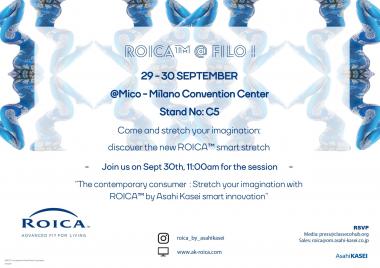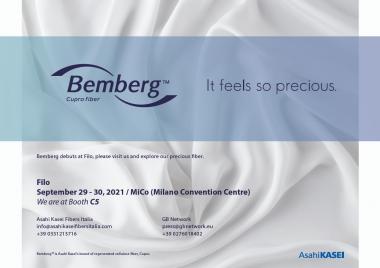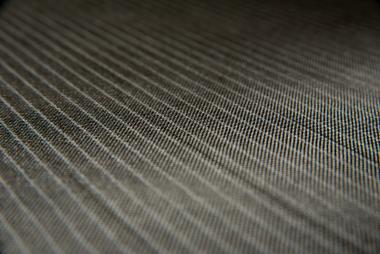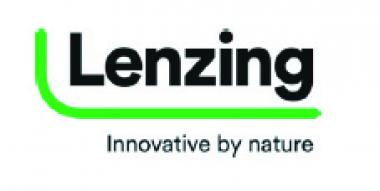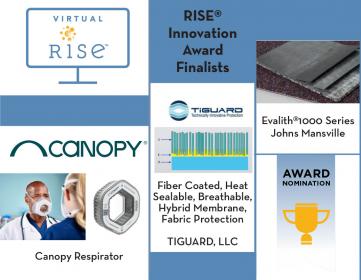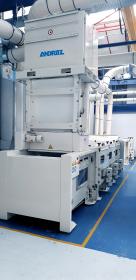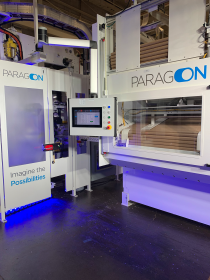Bemberg™ and ROICA™ by Asahi Kasei will showcase at Filo
ROICA™ by Asahi Kasei, specialized in sustainable premium stretch fibers, and Bemberg™, a fiber made from the smart-tech transformation of cotton linters pre-consumer materials and converted through a traceable and transparent closed loop process, have been invited to showcase at Filo, the international fair of orthogonal weaving yarns for clothing and furnishings, circular knitwear and technical textiles from the 29-30th of September.
ROICA™ will show its main innovations and four key pieces of the modern and sustainable contemporary wardrobe able to enhance the versatility of the fibers, applied to fashion, sportswear, legwear and underwear.
The brand will also be the protagonist of “The contemporary consumer: Stretch your imagination with ROICA™ by Asahi Kasei smart innovation” speech on September 30th, 11am, organized by the fair to tell its sustainable story.
Bemberg™ will be at Filo showing some selected fabric innovation, and three responsible-driven designers representing different and complementary part of contemporary consumer wardrobe: ZEROBARRACENTO, Maurizio Miri and WAXEWUL.
Bemberg™ will be also involved in two speeches – entitled “Il viaggio di Bemberg™ by Asahi Kasei verso una moda contemporanea, premium e responsabile” - organized by the fair (Sept. 29th and 30th at 4pm), where it will share its story made of creation, production and process, as well as product performance, aspects related to sustainability and circular economy approach.
Asahi Kasei / GB Network / C.L.A.S.S.


